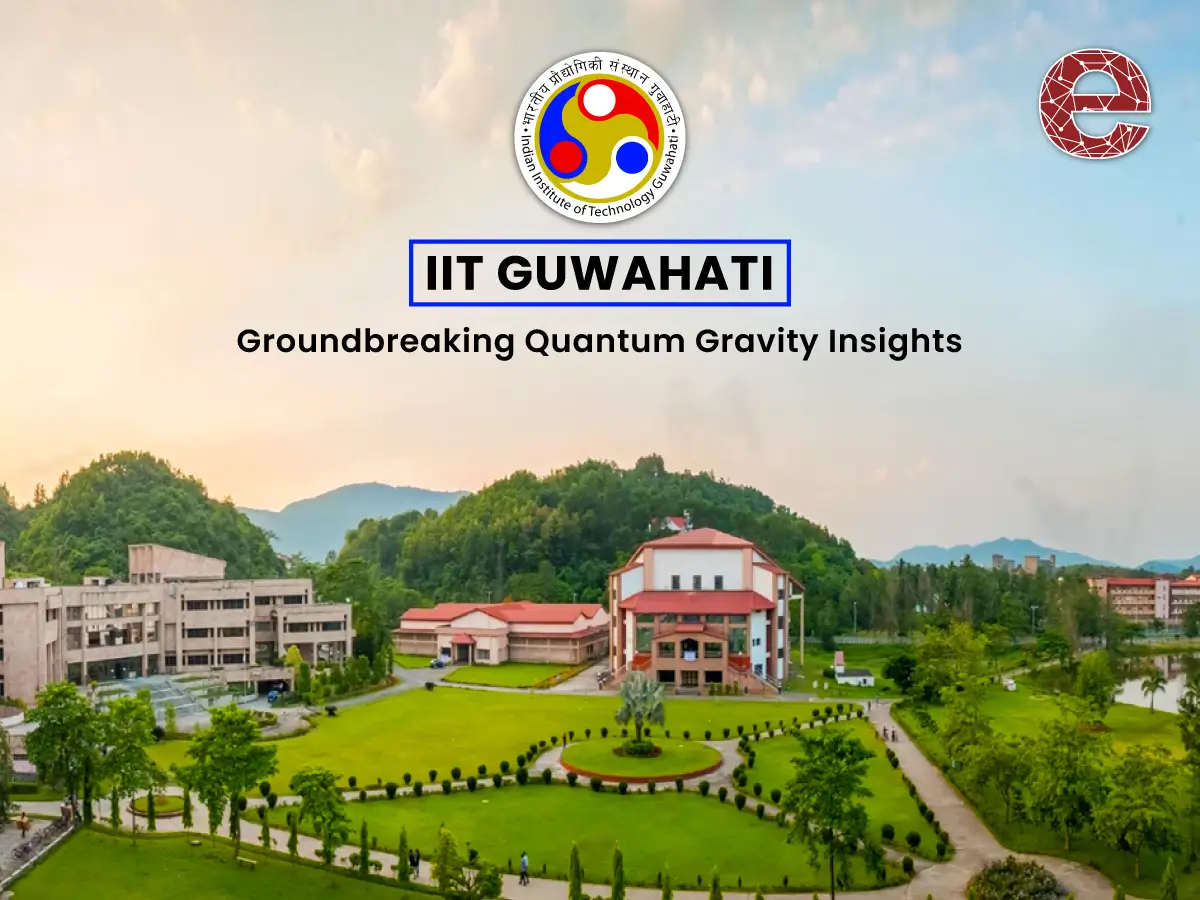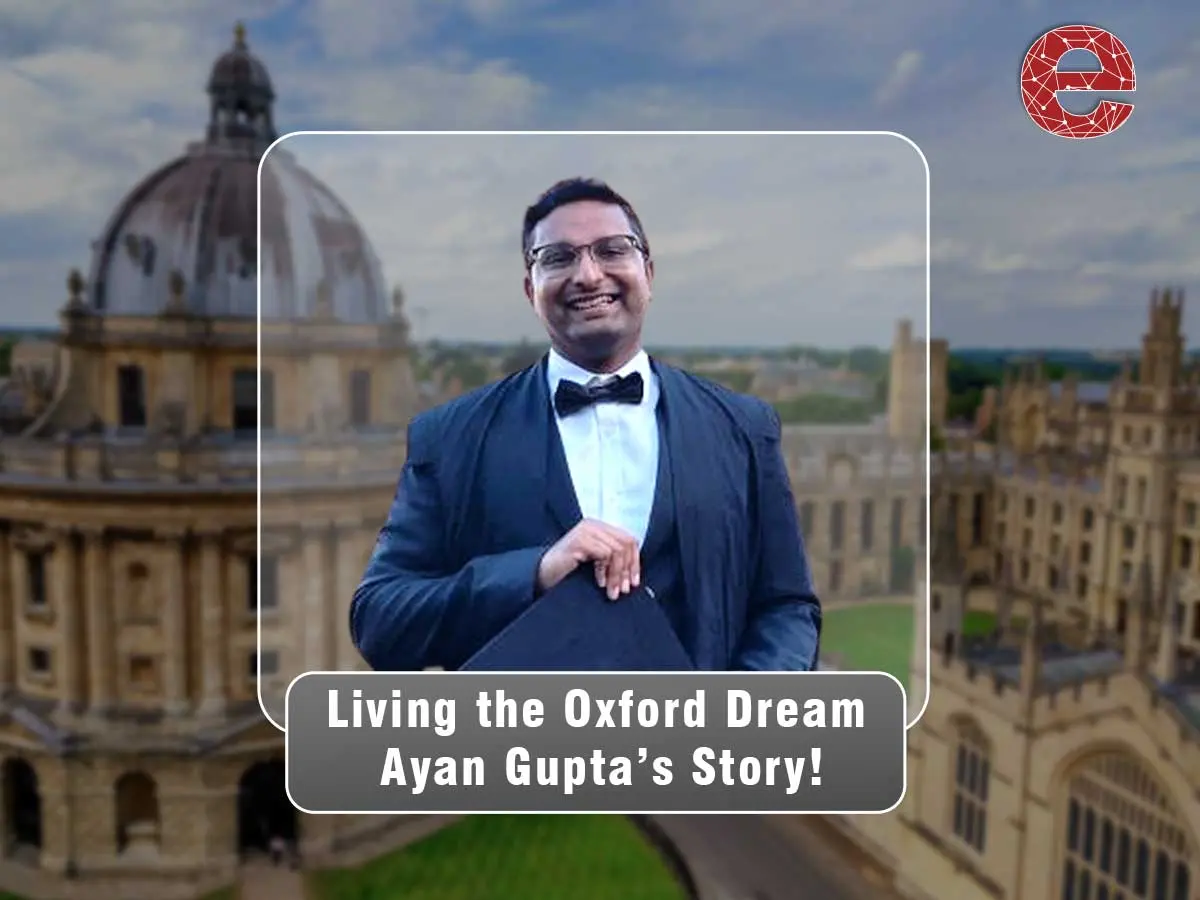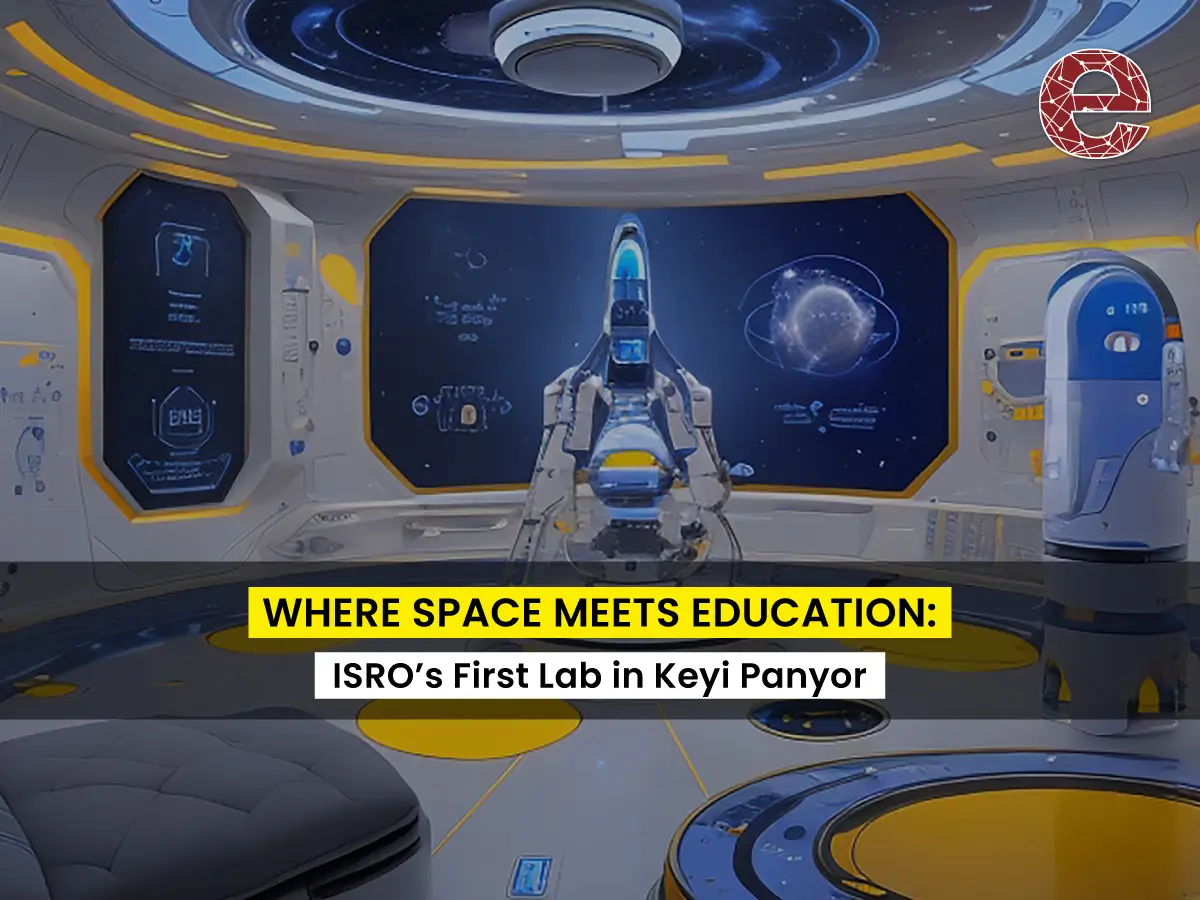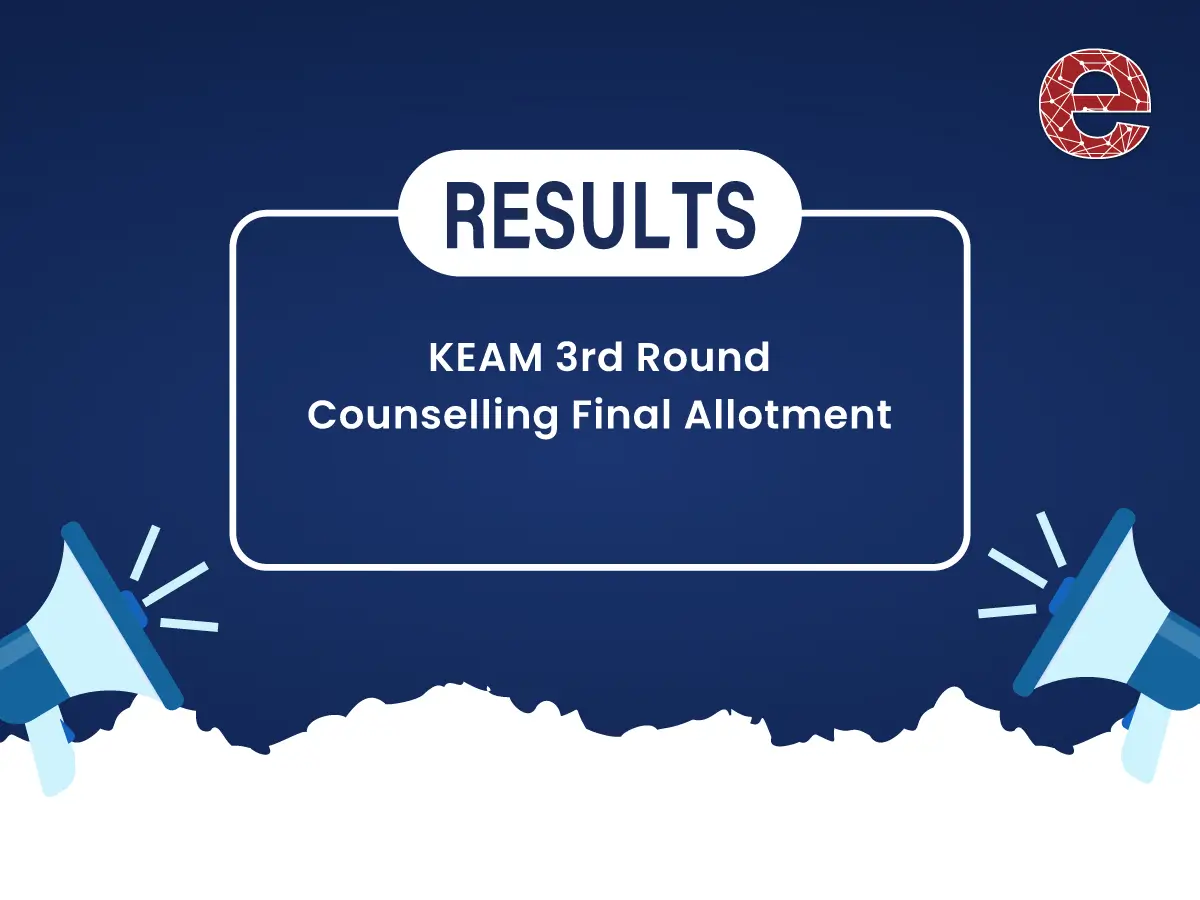IIT Guwahati Discovers Quantum Secrets Behind Gravity in Revolutionary Study!
Campus News

Researchers from the Indian Institute of Technology Guwahati and the University of Stellenbosch, South Africa, are taking on one of physics' greatest challenges: the quantum nature of gravity. Dr Bibhas Ranjan Majhi and Dr Partha Nandi's groundbreaking study on gravity-induced entanglement (GIE) holds the potential to bridge the gap between general relativity and quantum mechanics, offering hope for a more unified understanding of the universe.
Currently, physics operates under two distinct frameworks: Einstein's general relativity, which describes gravity as the curvature of space-time around massive objects, and quantum mechanics, which governs the behaviour of particles at atomic scales. While both theories excel in their domains, they struggle to reconcile how gravity functions at the quantum level, leaving a critical void in our understanding.
In a groundbreaking departure from traditional approaches, Dr Majhi and Dr Nandi are investigating how gravitational forces might induce entanglement, a phenomenon where particles become interconnected in such a way that the state of one influences the other, regardless of distance. Their research suggests that gravity could create this quantum link under specific conditions, unveiling a captivating aspect of gravity itself.
Dr Majhi elaborated on their approach, stating, "We've established a theoretical framework that connects a two-dimensional quantum harmonic oscillator with gravitational waves ripples in space-time caused by massive objects like black holes. This method transcends classical communication limitations, examining whether quantized gravitational waves can induce entanglement. Our results indicate that while classical gravitational waves don't produce entanglement, the quantum variant does at the second order of gravitational perturbation."
The implications of this research are profound. If gravitational wave detectors can detect gravity-induced entanglement, it could provide the first evidence that gravity operates at a quantum level. This breakthrough could also illuminate cosmic mysteries like dark matter and energy—two elusive components that constitute much of the universe but remain poorly understood.
Dr Majhi and Dr Nandi's work represents a significant leap in the quest to unravel the quantum nature of gravity. Their findings not only push the boundaries of quantum gravity research but also open the door to future discoveries. These discoveries could potentially unify our understanding of the universe's most massive and minuscule elements, marking an exciting leap in our comprehension of the cosmos.
- IIT Guwahati
- Gravity Study











